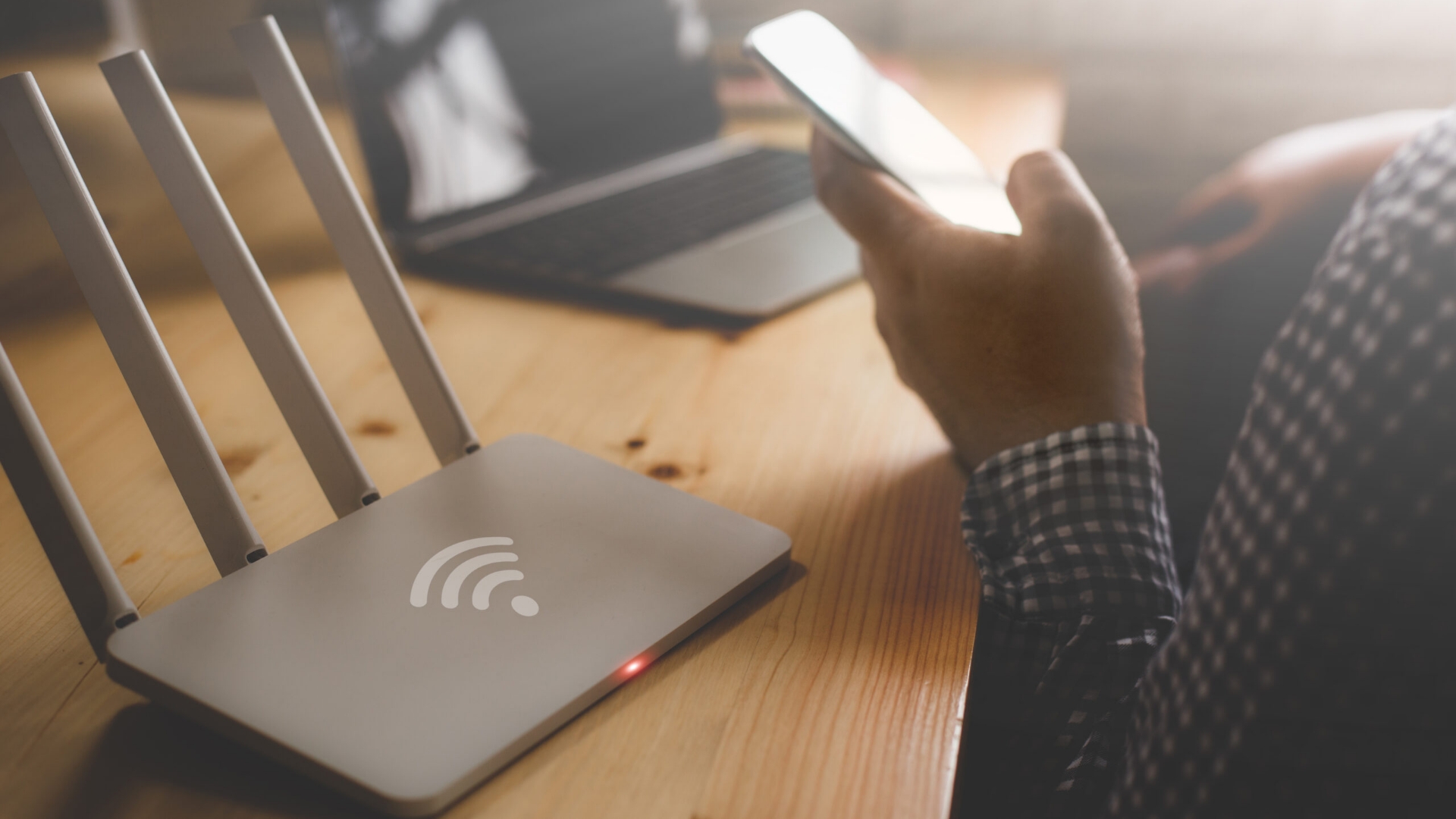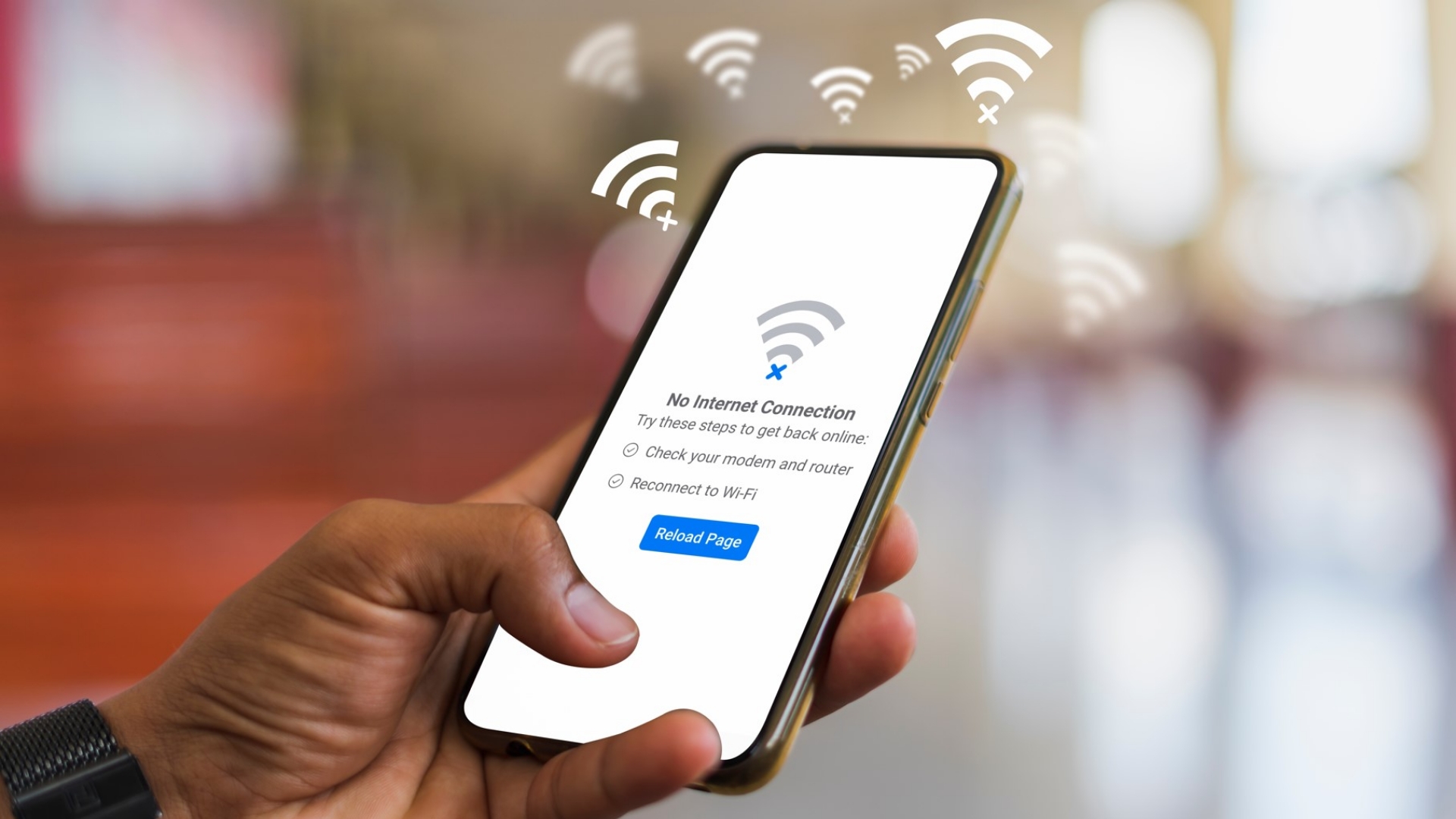According to a survey, the Philippines has one of the worst rates of internet connectivity.

In an era of hyper-connectivity, the internet has become the lifeblood of modern society. The past decade has witnessed a digital revolution, transforming how we work, learn, and interact. This unprecedented interconnectedness has elevated reliable internet access from a convenience to an absolute necessity. The Emerging Digital Powerhouse Index, a groundbreaking study by Airgain, a leader in wireless connectivity solutions, provides a comprehensive roadmap to understanding a nation's digital strength.

This in-depth analysis examines a multifaceted landscape, encompassing the robustness of its internet infrastructure (measured by average internet speeds, mobile penetration, and the pace of 5G deployment), the digital literacy of its populace (assessed by evaluating digital skills and the prevalence of higher education), and the critical factors of affordability and accessibility for both internet services and educational opportunities.
The Philippines stumbled in the digital race, ranking a disheartening 33rd out of 37 countries assessed by the Organization for Economic Co-operation and Development (OECD). This sobering result underscores the nation's struggle to keep pace with its global peers in the digital arena, despite concerted efforts to improve internet connectivity. While the Philippines grappled with this challenge, the United Arab Emirates (UAE) reigned supreme, claiming the top spot with a commanding score of 440.
Close behind, Finland (431) and South Korea (407) rounded out the podium, showcasing their digital prowess.
The remaining Top 10 are as follows:
- UAE – 440
- Finland – 431
- South Korea – 407
- United States – 406
- Denmark – 405
- Qatar – 401
- Singapore – 393
- Norway – 390
- Netherlands – 383
- Australia – 377
The UAE emerged as a 5G powerhouse, boasting the world's fastest mobile internet speeds, a staggering 360 Mbps, significantly outpacing its Middle Eastern rivals like Qatar (344 Mbps) and Kuwait (232 Mbps). This trio consistently dominates global rankings for mobile internet speed. Meanwhile, affordability took center stage in Denmark and Singapore, where residents enjoy some of the most budget-friendly broadband access on the planet.
